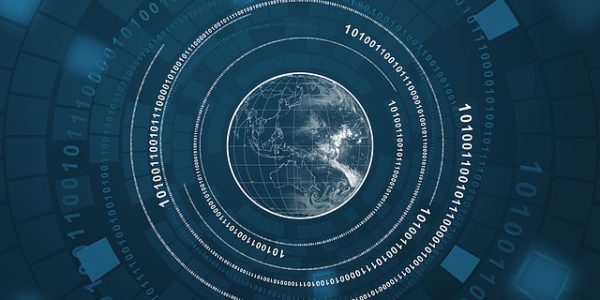Imagine that someone tells you that your job no longer exists, all of the skills that you possess are considered useless, and there’s no way for you to further contribute to society. For the last 10, 20, or 30 years you provided an important service for people. Maybe you drove the blue route bus, or you delivered packages to doorsteps. Perhaps you built cars on a factory line, or maybe you scheduled appointments and answered phone calls for an important attorney. Now, machines do everything and you lack the skills or education to get a job.
For some, this may seem more inevitable than hypothetical. Machines already take on much of the physical workload in our jobs and everyday lives. As artificial intelligence improves, the capability of machines increases. For example, industrial automaton displaces human workers. While early factory machines made work easier and more efficient for people, today’s factory machines are starting to replace the need for human workers altogether. Artificial intelligence and machine learning increase the effect of automation. AI also increases the number of jobs impacted by automation.
The potential for artificial intelligence to affect our lives has many people concerned. Some predictions suggest AI and automation could remove the need for human workers in manufacturing, transportation, and service industries. Certain jobs within construction, agriculture, and even healthcare could also become automated in the future.
It’s not just low-skilled laborers who worry about the future of AI and automation. Increased reliance on AI and machines poses many other challenges including security risks. Highly automated systems must also have clear boundaries and goals in order to be successful.
People often discuss manufacturing and automation together. This is true in part because automation is already widely used in manufacturing. AI, machine learning, and increased automation are also in the forecast for the near-future for manufacturing. So how can manufacturers prepare for advanced AI?
When faced with IIoT, AI, machine learning, and automation, it’s important not to panic. Prepare your factory for IIoT and advanced AI. It’s difficult to accurately predict when technologies will be available, but if you put the pieces in place, the transition to a smart factory will be much smoother.
Of course, your industrial machinery must be in tip-top shape. We can help make sure your Indramat legacy motion control system is working as well as it should. Call us today for service, repair, inspection, or maintenance!
